
I was a little lost in personal matters, but I originally thought this was a place to write about personal matters, not a place to discuss public opinions or the state under the sun, so I will summarize what I think in my own way even though it may not be of interest to others. (I felt like writing it down somewhere.)
I was returning to my parents’ home in Kyoto when my mother informed me that my younger brother was in a vegetative state. I don’t know what to say when I saw my brother. It was not as beautiful as it looks in TV dramas.…
I went with my parents to meet with the doctors; the three doctors took a long time and talked to us about many things. The doctors were very careful not to say anything definitive, but they did say that it was unlikely that he would ever regain consciousness (there had been no such cases in the past). Even if, by some miracle, he did regain consciousness, he would already be paralyzed on the right side of his body and would suffer from very severe dementia.
My brother’s liver function was impaired due to his heavy drinking and he also suffered from diabetes, and his physical strength continued to decline. Once his condition had stabilized, he began to have frequent convulsions, and although he was not conscious, he appeared to be in a lot of pain. We were told that this was probably due to a hemorrhage in his brain when he was first brought to our hospital, and that his brain was being compressed by the blood puddle. We were also asked if neurosurgery would be performed to remove the spasms.
My parents spoke 90% of the time during the interview, but it was mainly emotional and feedback, and I asked them to tell me fully what they thought, and finally, taking that into account, I asked the doctor for what he would want me to do if it were me, regarding specific policies. I think my parents basically agreed with me.
I told him that for the time being, he should not have to undergo tracheotomy (ventilator), gastric lavage (nutritional support through an abdominal incision), sternal compression (possible rib fracture or spine damage), or any other life-prolonging measures that would be burdensome to the patient. Instead, I told him that I wanted him to take aggressive measures to relieve pain and burden, and that I wanted him to undergo neurosurgery to relieve the seizures. doctor asked me about morphine, and I said yes. The consent form for the surgery was given to my parents. My mother told me, “You write it for he,” so I signed it.
The doctor requested that if the seizures subsided with surgery and his condition stabilized (immobilized), he would be transferred from his current emergency hospital to a convalescent hospital. Convalescent hospitals have fewer nurses and other staff than emergency hospitals, and basically no “treatment” is provided. Patients who are bedridden and have no hope of further recovery are admitted to the hospital, and most of them are elderly and are connected to a lot of medical equipment, so even if their condition stabilized, they could not be cared for at home.
My brother has a private room in the emergency room for the critically ill with many doctors. We are very grateful that they do not stop treatment or force us to transfer to a hospital before the patient’s condition has completely settled down. I don’t know if my body will last until I can be transferred to a less-staffed hospital, and even if I can be transferred, I don’t know how long I will be able to stay there after that. Would it be three months, a year, or even ten years?
Also, it seems that many of the nursing care hospitals are designed for elderly patients and refuse to accept young patients like my brother.
The next day, I said to my parents, “I’ll be back again,” and returned to Tokyo. I said goodbye to my parents, saying “Ittekkimasu (See you)” and “Itte rasshai (Take care)” instead of “I’m going back” to Tokyo. After returning to my home in Tokyo, I had many thoughts.
First of all, if you are told to stop drinking, please stop. Many people who like to drink say things like, “I just can’t stop doing this,” no matter how many doctors or people around them tell them to anyway, and they think of it as some kind of heroic heroic act. But my brother’s liver weakened from that, his diabetes worsened, and this is what happened to him in the end.
When the doctor says cut back on the booze, cut back! If you have a chronic disease like diabetes, take good care of yourself while you can! If you were a complete alcoholic, people around you would stop you. However, as long as you are just merrily drinking every day and living a normal life without bothering others, you will take it lightly even if the doctor stops you, and then suddenly you will collapse. Or perhaps it is that people who think lightly will collapse.
Two years ago, my brother was in a self-inflicted accident and hit his head hard. He returned to work, but since then he has occasionally collapsed when he drinks and has been rushed to the emergency room after repeatedly hitting his head hard. Last fall, he was hospitalized for two weeks. When I was discharged from the hospital, my doctor even told me, “If you don’t stop drinking right now, the next time you will die!” I was right. And yet.
This time, he was found collapsed on the street and rushed to the emergency room, so we don’t know the circumstances, but people around him think he must have been drinking again. My parents said with regret, “He got what he deserved!” They say with regret.
I think I will have to say something a little stronger to the people around me in the future, even if the person in question is doing well and leading a social life.
I realized that I never know when I will be in this kind of situation due to an accident, etc., and that I need to think about what to do in such a situation. Tomorrow will not be the same as today.
Since I live alone, I gave my parents the contact information for my insurance company in case I became unconscious myself. Until now, I thought I would just have to take care of the paperwork myself when I was hospitalized. When I tried to leave the business card of the insurance company with a friend before, he did not take me seriously, so I left it with him.
If I am unable to express my will, I do not wish to undergo pointless life-prolonging treatment that only prolongs my suffering. However, I would like you to actively provide me with treatment that will alleviate my suffering and allow me to meet my final days with dignity. However, whether or not to recognize the concept of “brain death” is still under consideration.
Finally, I decided to live each day a little harder. It doesn’t have to be such a grandiose attitude, just a little more.
I used to think that saying to the dead, “I’ll live for you,” was just a comfort to those who survived, even if they didn’t say it out loud. But now I understand a little how those who say so feel.
My brother and I have never been “close brothers,” especially since we left Kyoto, but I wonder what he would say if he were to read this text. I’m sure he would say something like, “You, don’t pretend to be cool,” or “Don’t make a story out of me. Right now, I am my parents’ only son. When I think about that, I feel something different.

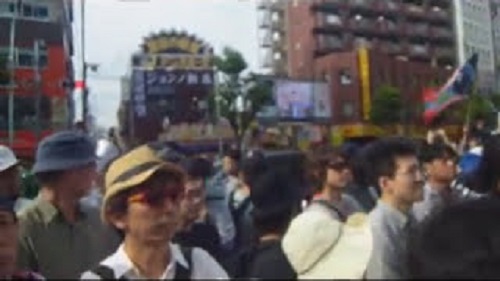
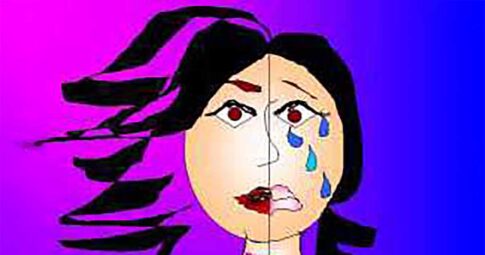



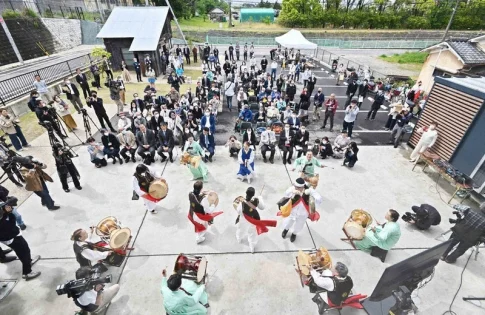

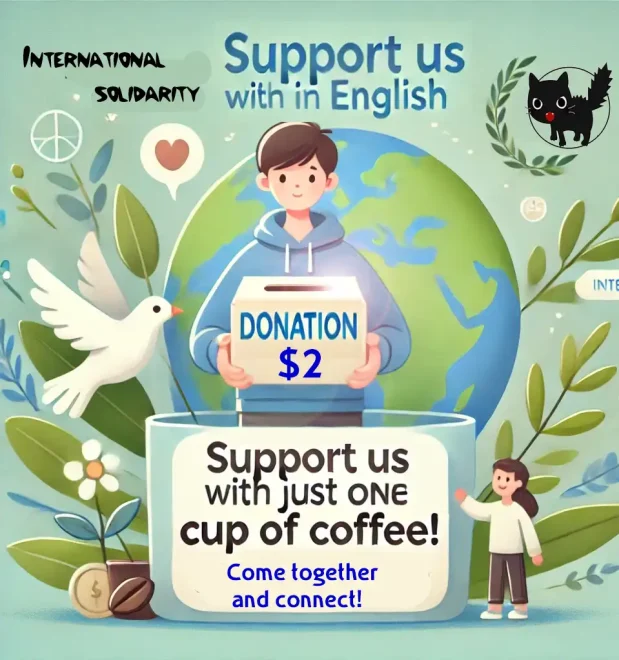 Donations are made in Japanese yen. 300 yen is approximately 2 USD.
Donations are made in Japanese yen. 300 yen is approximately 2 USD.




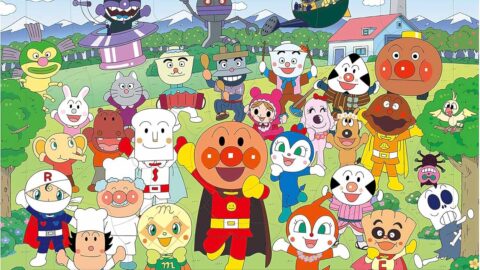
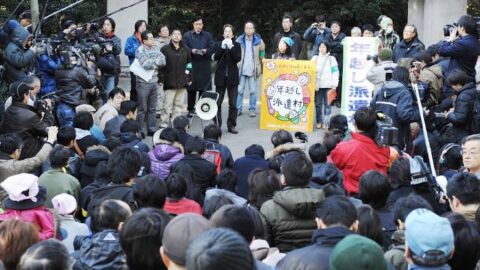
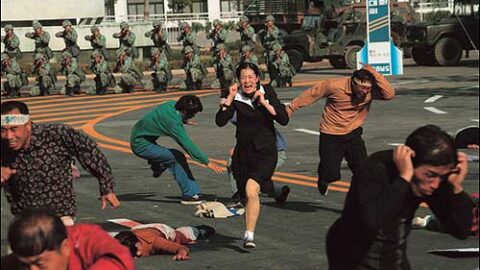
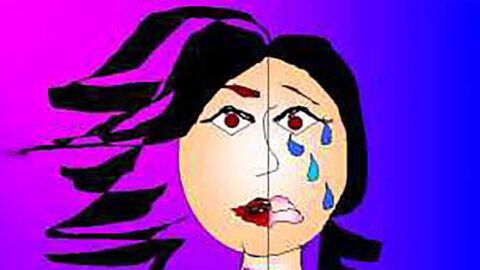
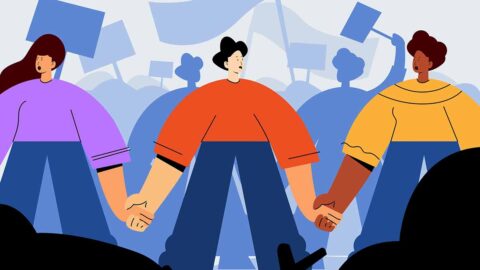
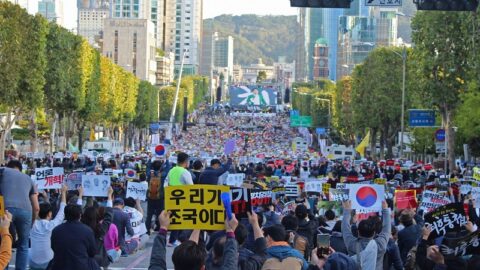
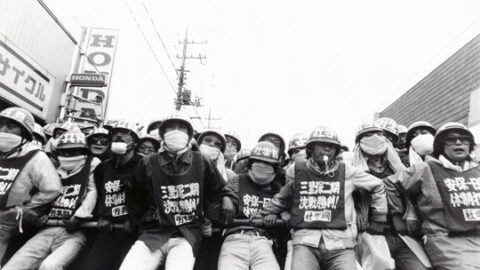
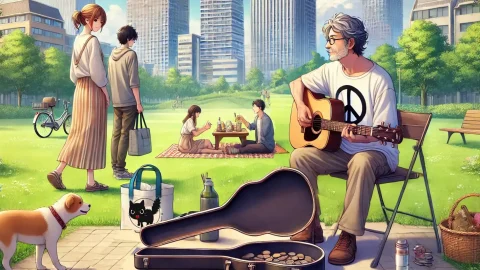


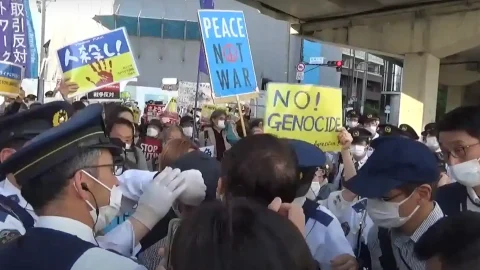


Leave a Reply